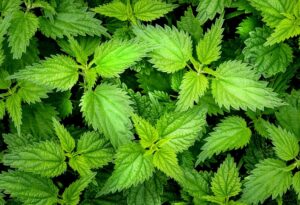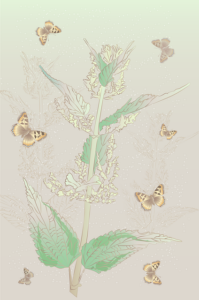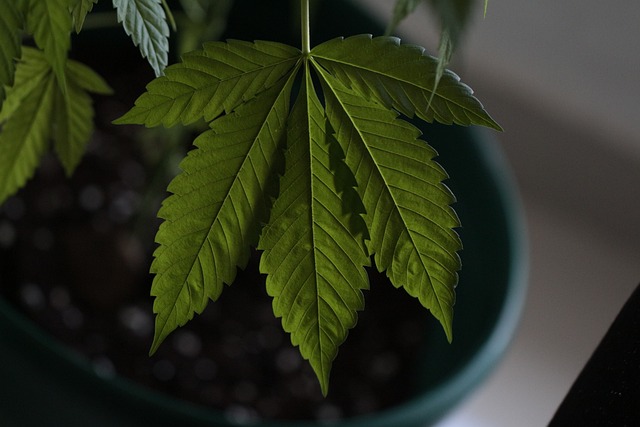
THCA flower, a non-psychoactive compound found in cannabis, is gaining attention for its potential health benefits and therapeutic properties, including anti-inflammatory, neuroprotective, and analgesic effects. To safely and effectively utilize THCA flower as a wellness supplement, it's crucial to adhere to specific dosage guidelines that consider factors like individual weight, tolerance, and the condition being addressed. New users should start with a conservative dose of 1-5 mg per day and adjust based on personal experience. The effectiveness and safety of THCA flower are also dependent on the quality, which can vary by strain and producer. For precise dosage recommendations and to understand potential interactions with other substances, it's advisable to consult healthcare professionals or experts in cannabinoid use. As research continues to evolve, staying informed on the latest scientific findings about THCA flower is essential for its optimal and responsible use. THCA flower dosage guidelines are key for those exploring this alternative wellness option to harness its benefits while minimizing risks.
Explore the intricacies of THCA flower, a non-psychoactive cannabinoid that’s gaining attention for its therapeutic potential and unique effects. This article delves into the scientific basis of THCA, its historical use, and how it differs from other cannabinoids within the hemp plant. We’ll unravel the entourage effect and discuss the health benefits associated with THCA, offering a comprehensive look at its legal status and availability. Beyond understanding the compound, learn how to navigate safe and effective dosage guidelines tailored to individual sensitivity. From consumption methods to safety precautions, this guide will equip you with the knowledge needed to handle and use THCA flower responsibly. Whether new to cannabinoids or an experienced user, these insights will enhance your understanding of THCA flower and its role in wellness regimens.
Understanding THCA Flower and Its Potential Benefits
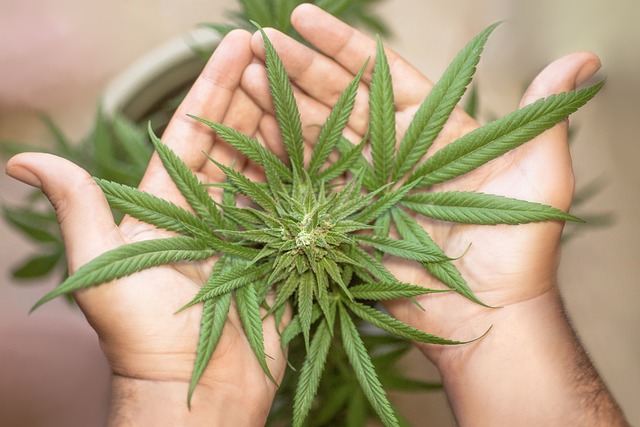
THCA, or tetrahydrocannabinolic acid, is the raw, non-psychoactive precursor to THC found in cannabis flowers. As a natural component of the plant, THCA has garnered attention for its potential health benefits and therapeutic properties. While the psychoactive effects are absent when consuming THCA flower in its raw form, it is believed that THCA may offer anti-inflammatory, neuroprotective, and analgesic effects, which could be beneficial for various conditions.
When considering incorporating THCA flower into one’s wellness routine, adherence to dosage guidelines is crucial for optimizing its potential benefits while minimizing risks. The recommended dosage can vary based on individual factors such as body weight, tolerance, and the specific condition being addressed. It is advisable to start with a low dose to assess one’s response before gradually increasing the amount. Users should also consider the quality of the product, as the concentration of THCA can differ between strains and producers. Consulting with a healthcare professional or a knowledgeable dispensary specialist is recommended to determine an appropriate starting dosage and to discuss potential interactions with other medications or supplements. As research continues to evolve, so too does our understanding of how best to utilize this cannabinoid for its various benefits.
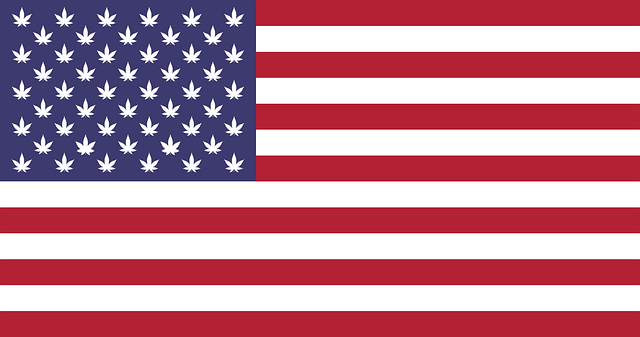
Though THCA, or tetrahydrocannabinolic acid, is a non-psychoactive cannabinoid found in raw cannabis plants, its potential therapeutic benefits have sparked significant interest. As researchers continue to explore its effects, users curious about incorporating THCA flower into their wellness regimen often seek clear dosage guidelines. Determining the appropriate THCA flower dosage is crucial as it can influence the compound’s efficacy and safety. Factors such as individual body chemistry, desired effects, and product potency play pivotal roles in establishing a personalized dosing strategy. It is advisable to start with a low dose to gauge individual sensitivity before gradually increasing the amount. For instance, a common starting point might be 1-5 mg of THCA per day, which can be adjusted based on one’s experience and tolerance. Users are encouraged to consult with healthcare professionals or experienced cannabis practitioners to tailor their dosage to their specific needs and ensure a safe and effective experience with THCA flower. Adherence to proper dosing is essential for maximizing the potential health benefits while minimizing any adverse effects. With growing interest in the therapeutic properties of cannabinoids, understanding THCA flower dosage guidelines remains a key aspect for those looking to integrate this compound into their wellness practices.
THCA flower, a non-psychoactive cannabinoid found in the Cannabis sativa plant, has garnered significant attention due to its potential wellness benefits. This article has delved into the properties and effects of THCA, offering insights into its therapeutic possibilities, which include pain relief and anti-inflammatory properties. When considering THCA flower for health purposes, it is crucial to adhere to dosage guidelines to maximize its benefits safely. As research continues to evolve, the understanding of how THCA interacts with our body’s endocannabinoid system promises further advancements in cannabinoid-based therapies. For those interested in exploring THCA flower, it is advisable to consult with a healthcare provider to determine the most appropriate dosage and usage for their individual needs.
